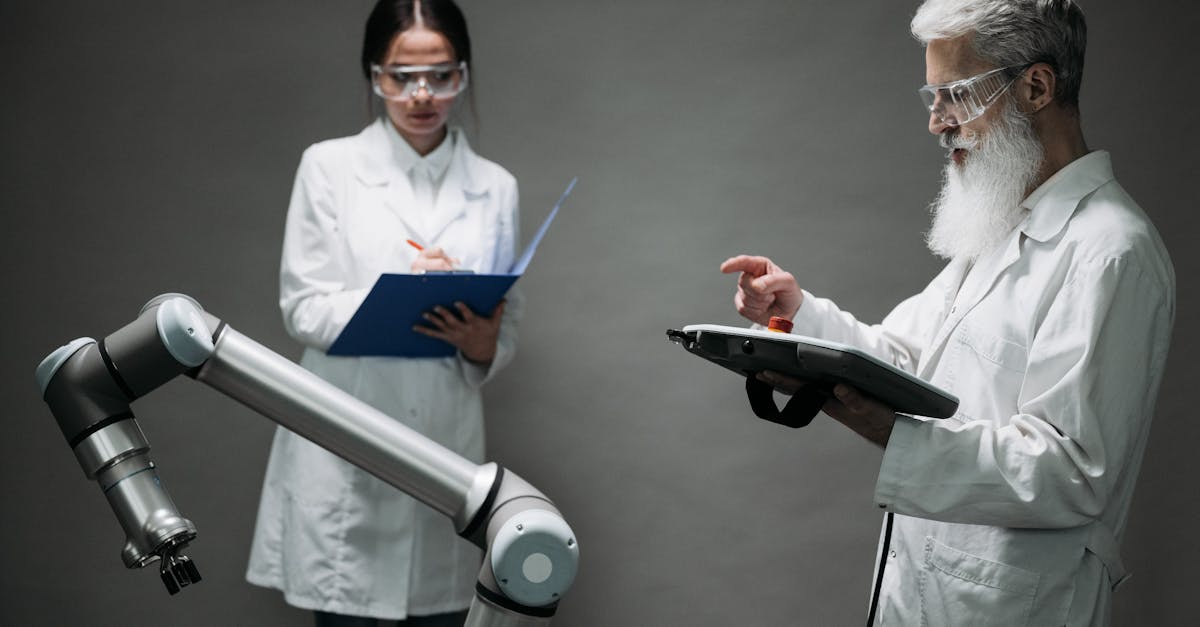
Introduction to Foresight 2025
As we turn our sights to 2025, the landscape of food and dining is on the brink of a transformation. From advances in food technology to a growing emphasis on sustainability, consumers and industry leaders are exploring new frontiers. Foresight 2025 is not just about what we eat but how our culinary experiences are woven into technology and our environmental footprint. Innovations are becoming necessary in an era where the world's population is set to reach unprecedented numbers. Thus, the food sector pursues a revolution, aiming to meet the needs of a diverse and dynamic society. What will dining look like in 2025, and how are current trends paving the way for a sustainable, exciting future?
Technology at the Table
The role of technology in shaping the way we eat cannot be overstated. With advanced AI systems in smart kitchens, meals are prepared faster and tailored to individual dietary needs. From intelligent cooktops that guide novice chefs through recipes step-by-step, to augmented reality menus providing detailed visuals, food technology has arrived. Restaurants are even integrating robotics for table service, enhancing efficiency and allowing staff to focus more on customer interaction and fulfillment. The marriage of technology and dining is revolutionizing the speed, accessibility, and personalization of meals. Such advancements are making dining experiences more fluid and engaging, redefining what it means to 'eat out.'
Sustainability Takes Center Stage
Sustainability in food production and consumption is at the forefront of 2025's culinary vision. As awareness about climate change and responsible consumption grows, the restaurant industry is rapidly shifting gears. A focus on locally sourced ingredients helps reduce carbon footprints while supporting local economies. Moreover, innovations in alternative protein sources such as lab-grown meats or plant-based options are gaining traction. These initiatives aim to reduce the environmental impact of traditional livestock farming and cater to an increasingly eco-conscious consumer base. By 2025, diners are making informed choices, increasingly requesting dishes that don't just taste good but do good.
The Revolution of Urban Agriculture
Urban agriculture is transforming city landscapes, converting urban areas into verdant food fields. Rooftop gardens and vertical farms are not only beautifying cities but significantly impacting food supply chains. By growing produce within urban centers, proximity to consumers reduces the need for transportation, thereby lowering emissions and improving freshness. Foresight 2025 forecasts this trend will continue, with even more innovative farming techniques emerging. Vertical integration of farming and dining could all but eliminate food deserts in densely populated areas, providing fresh, organic foods directly to consumers' tables.
The Rise of Flexitarian Lifestyles
As consumers become more health-conscious, the shift towards flexitarianism—adopting a mostly plant-based diet with occasional meat intake—is on the rise. The flexitarian lifestyle reflects the balance of environmental concerns with personal dietary preferences. In 2025, restaurants are expanding their menus to accommodate such trends, offering a plethora of plant-based choices alongside traditional fare. This diversification is not only beneficial to health but also aligns with the broader objectives of sustainability. Moreover, this dietary trend impacts agricultural production, pushing farmers to prioritize versatile crops suitable for plant-based diets.
Reviving Traditional Practices with Innovation
While technology and new agricultural methods dominate the conversation, there's a burgeoning interest in revisiting traditional cooking practices. Ancient preservation methods like pickling, fermenting, and curing are being revived for their health benefits and sustainability. These processes are being melded with modern technologies for a new-age, thoughtful approach to food preparation. These ancient techniques, paired with cutting-edge culinary tech, are producing unexpected flavors and textures, proving that tradition and innovation can coexist harmoniously.
The Impact of Food Tech Startups
Startups are at the heart of Foresight 2025, driving much of the innovation in food technologies. From delivery systems that use drones for contactless service to apps that target food waste reduction through AI, these young companies are reshaping how we experience food. Many of these startups are fueled by a mission-driven approach, addressing global challenges in food security and environment. By 2025, the synergy between established corporations and startups will be central to the future of food, setting new benchmarks for practicality and safety.
Redefining the Dining Experience
Dining in 2025 is more than just eating; it has become a multi-sensory experience. Restaurants with immersive dining projects are creating atmospheres that stimulate not just taste but sight, hearing, and touch. Virtual reality can transport patrons to far-flung locations, creating unique experiences around meal events. Sound and light engineering are also becoming integral to enhancing the ambiance, further elevating the concept of dining. As the demand for unique experiences grows, what happens around the plate becomes as important as what’s on it.
Challenge of Accessibility and Inclusivity
Foresight 2025 also stresses the importance of making these exciting advancements accessible to all. Innovations must address disparities in availability of healthy foods and create inclusive opportunities across varying socio-economic groups. Implementing sliding pricing scales, community initiatives, and inclusive tech solutions ensures everyone benefits from the technological and culinary revolution. The ultimate goal is to cater to diverse demographics, ensuring no group feels marginalized in this food-forward future.
Conclusion and Future Implications
Foresight 2025: Taste The Future is a beacon of what's to come in drastically reshaping our relationship with food. With technology deeply embedded in culinary practices, the experience of enjoying a meal is evolving rapidly. Sustainability is not just a goal but a driving force behind every decision in food production, deeply impacting environmental health. Unlocking the potential of traditional methods in tandem with cutting-edge technology ensures a balanced and inclusive approach to innovation. As we navigate the path towards 2025, the culinary world is expanding its boundaries, aiming to satisfy palates while preserving the planet. The journey continues, promising a rich tapestry of food experiences for all.